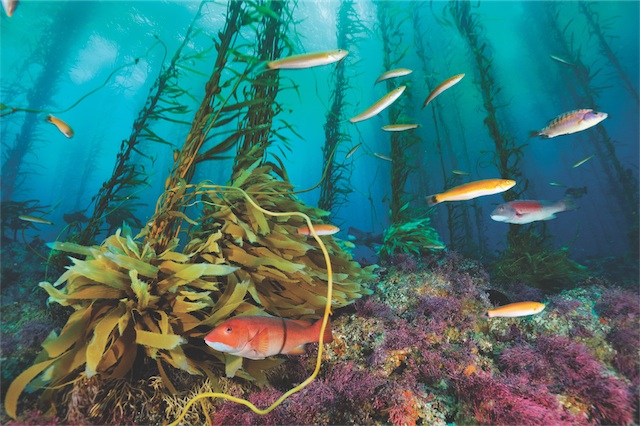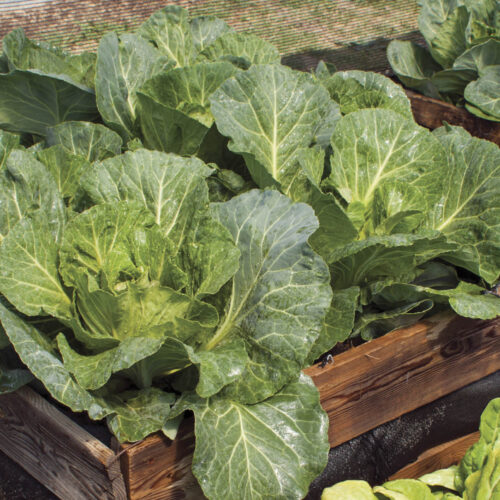Sending out an SOS
2015-04-07T05:55:57+10:00
The world's oceans are fundamental to human survival but they are also in peril. Is it too late to save our seas? asks DR REESE HALTER.
The health and wellbeing of our oceans is vital to life as we know it on our planet. Irrespective of where you reside on the globe, three out of every four breaths of air come from the phytoplankton in our oceans. Frighteningly, Earth’s oceans are desperately ill. The time is now for each of us to lend a helping hand. Let me tell you why. Each day the unintended consequences of burning in excess of 98.6 million tonnes of greenhouse gases has disrupted the deep ocean currents, preventing some upwelling carrying essential nutrients to the surface to grow phytoplankton, which is the basis of the entire global marine ecosystem.
At present, the oceans are missing 40 per cent of their phytoplankton. By 2024, according to the Food and Agriculture Organization of the United Nations, there will be 8 billion people on Earth. That’s an immense amount of oxygen required just for everyone to breathe.
Scientists from the National Center for Atmospheric Research in the US have recently re-analysed ocean temperatures from 1958 to 2009, noting that at least 30 per cent of Earth’s warming was hidden in the oceans, mixed by winds and currents to depths exceeding 700m. Not only is this highly visible in the tropical Pacific Ocean and into the subtropics, it is also driving weather patterns. Deep ocean warmer temperatures have begun surfacing in the Eastern Australian Current and elsewhere. Climate disruption is ravaging every ecosystem in the ocean including lambasting Tasmania’s east coast kelp forests, which in less than a decade are almost gone. Ninety-five per cent of the 30m-tall underwater jungles are dead. Warmer nutrient poor water has brought 40 new species of fish further and further south, including long-spined sea urchins that devoured the kelp forests. Without kelp forests there are no sponges, nor fish especially adapted to its habitat. That ecosystem has collapsed.
Nowhere is climate disruption more evident than in the Arctic Ocean. Its plankton is dangerously close to releasing more CO2 than it can absorb. The plankton communities 650km north of mainland Europe on Svalbard Island are reaching temperatures near 5°C.
Once they cross this threshold, in scientific parlance, the plankton switches from a sink (absorbing CO2) to a source (releasing CO2). The University of Western Australia Oceans Institute predicts those 5°C temperatures will regularly be reached later this decade in the European sector of the Arctic Ocean.






